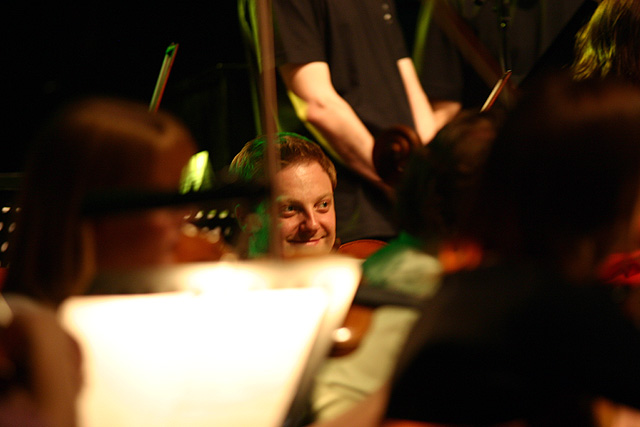In 2005 I translated an extensive anthology of Finnish fantasy literature, edited by Johanna Sinisalo, one of the the foremost SF writers in Finland. Some time later I was approached by Sinisalo to translate another of her short stories for an American anthology, the SFWA European Hall of Fame (2007), which features "sixteen contemporary masterpieces of science fiction from the continent". Edited by James and Kathryn Morrow, the anthology gives an overview of contemporary European fantasy writing, presenting it as both similar and distinct from the North American tradition of SF writing (Gaiman et al.) James Morrow's opening essay, 'Extrapolations of Things Past: A Barbarously Brief Account of European Science from Micromégas to Microchips', is informed and insightful, and serves as an excellent introduction to the collection.
The SFWA European Hall of Fame has recently been released in paperback, and in honour of this a video has been posted on YouTube (link below), featuring an interview with the editors about the process of putting the book together and with one of the authors on his feelings about having his work translated.
It's always fascinating listening to people – authors, translators, editors – talk about how they view the translation process. It's clear that most authors welcome the opportunity to have their works translated by professional native speakers (a certain Finnish playwright notwithstanding). However, working with editors, who are outside the initial creative process due to not speaking the source language, can be problematic, as their priority is the translation, while the role of the original is often seen as secondary. Not so with this collection.
As they point out in the interview, rather than normativise the text for an American readership, the Morrows actively encouraged all translators to retain as much of the feel of the original as possible. That being said, adherence to the original versus normativisation is always subject to the context and topos of the text; it is impossible to suggest that a given solution is necessarily desirable in every instance (as a certain Finnish playwright seems incapable of understanding). In the case of Sinisalo's 'Baby Doll' (the text featured in this collection), we all agreed that the language needed to be as accessible to an American readership as possible. After all, the subject matter – the over-sexualisation of pre-teenagers – is by no means a specifically Finnish problem.
This translation process differed considerably from previous ones in that, for the first time, I was working for an American publisher. I speak and translate into British English, so the Morrows agreed to Americanise my initial translation. This was an eye-opening experience; I realised that, though I have no difficulty understanding American English, the differences between our two variants of the language run far deeper than that we say "tomahto", they say "tomayto".
Thankfully, there was no need to call the whole thing off – I had to get that in somehow! It was like going through an additional level of editing. The Morrows sent me a revised version of the text, I then went through it and said whether they had strayed too far from the Finnish, or whether a certain phrase might better suit the feel of the original, until we reached a version all parties were happy with. There was much to think about: apart from vocabulary, word order and syntax is often markedly different; verb declension differs; people swear differently...
Actually having to engage with this on a textual level made me understand the full extent of the chasm between our modes of expression. Just as non-natives cannot translate into a target language that is not their native language, I will never be able to translate into American English, as I'll always need a native speaker to go through the text for me, and vice versa. Of course, real translators, being humble people, will be the first to acknowledge this; we have the conviction to know when we are right, but we also know where our expertise comes to an end. It is depressing that, in my experience, non-native translators have such an aggrandised image of their own abilities that they lack a default setting that says, "Sorry, I'm not qualified to translate that". What a shame that a certain Finnish playwright also falls into that category...
Subscribe to:
Post Comments (Atom)


1 comment:
I certainly know what you mean about differences between American and British English. In conversation or in reading texts, it feels like the differences are minimal. Then I translate something for a British editor, or one whose second-language English is British, and everything needs to be changed rather dramatically.
This sounds like an interesting book. I look forward to reading it.
Post a Comment